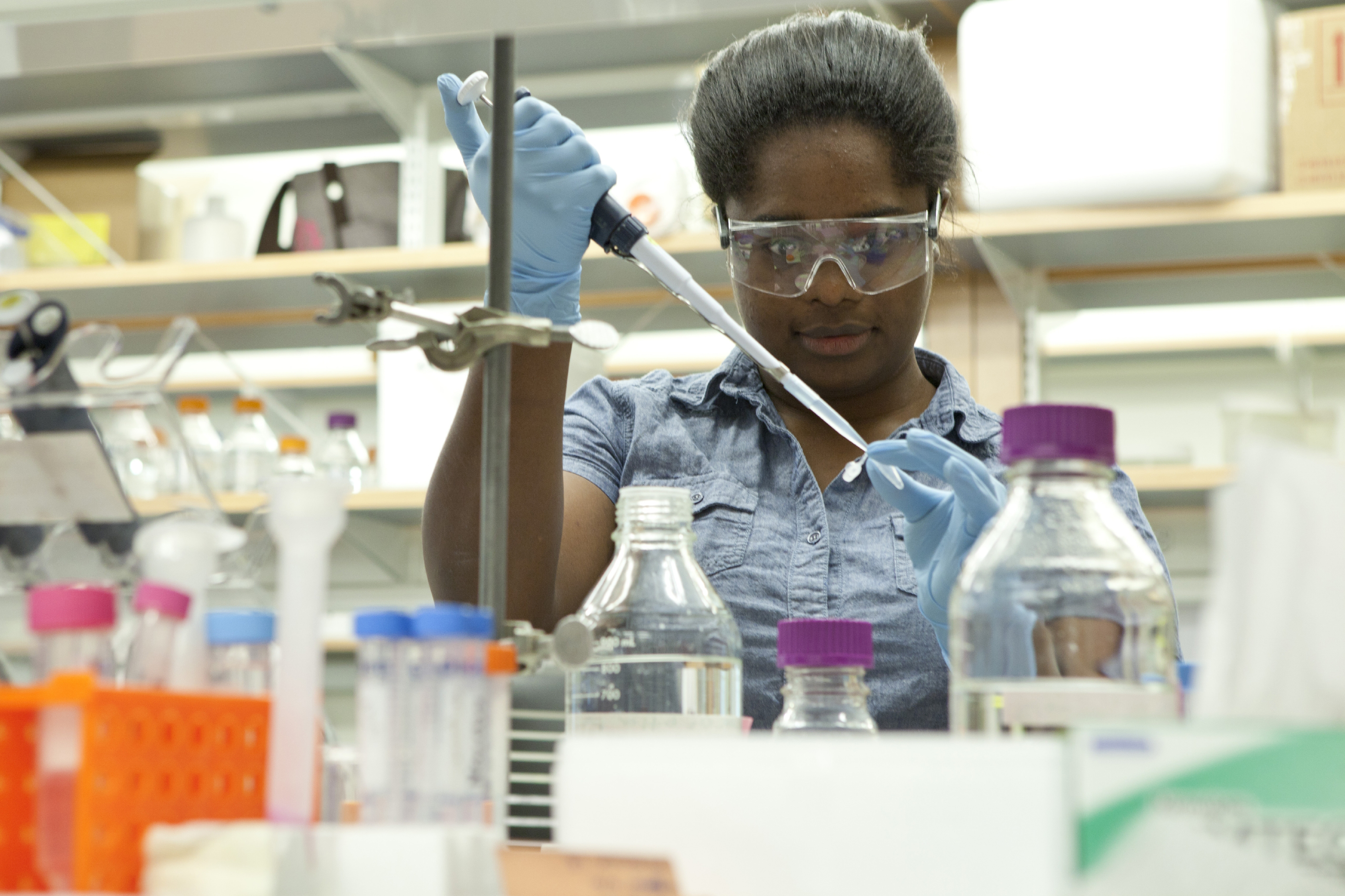Starting in 2016, the University of Virginia will be propelling entrepreneurship into the market like never before. The University’s new Seed Fund will deploy $10 million over 10 years to help commercialize UVA technologies and opportunities.
“UVA’s research enterprise helps drive the economy locally, nationally and globally, while producing discoveries that lead to new technologies, products and therapies,” President Teresa A. Sullivan said. “The new Seed Fund will enable us to accelerate that process, and it will also help us attract faculty who will see the obvious benefit in the availability of seed funding for their start-up activities.”
"We’ve never invested in UVA start-ups on the scale that the Seed Fund will." -- Michael Straightiff, Executive Director, UVA Licensing & Venture Group
By investing in UVA-based start-ups, the University is expanding its capacity to advance knowledge and serve the wider world through its research.
“The main goal is to build on prior University investments in innovation, translational research and commercialization by actually investing in start-up companies to help them grow at the seed stage of financing,” said Michael Straightiff, executive director of the UVA Licensing & Venture Group, an independent non-profit foundation that is affiliated with the University and is tasked with managing the new fund.
The group has long offered services to boost UVA commercialization and entrepreneurship, but this is the first time it will be able to invest directly into new companies.
“We’ve always supported new venture creation through investments in intellectual property, technology licensing agreements and entrepreneur-in-residence programs,” Straightiff said. “We also now offer physical space for new ventures. But we’ve never invested in UVA start-ups on the scale that the Seed Fund will.”
Half of the fund’s initial $10 million comes from the UVA Health System, while the other half is drawn from unrestricted endowment dollars. In order to be eligible for those investment dollars, a company must commercialize UVA intellectual property; be founded by current faculty, staff or students; or have gone through the University’s i.Lab program.
Obtaining seed financing is often the most difficult hurdle for fledging companies. While late-stage venture capital investment is surging right now, early stage capital is at its lowest level since 2002.
Straightiff says that the Seed Fund will help UVA-based companies overcome that issue and bring their products and services to the market sooner. This is particularly important for start-ups that center on new medical breakthroughs.
“Our biomedical research enterprise must be focused on the betterment of the human condition, and bringing more UVA discoveries through that early stage of development is an essential first step in improving human health,” said Richard P. Shannon, UVA’s executive vice president for health affairs.
The Licensing & Ventures Group is hiring a director of new ventures, who will be primarily responsible for managing the day-to-day activities of the Seed Fund, sorting opportunities and establishing the implementation practices. The search for that person began Monday.
The group is also working to fill a seven-person management committee that will oversee the distribution of the funds.
“We’re gathering people with experience in early stage investing, in entrepreneurial and operational roles, in a wide range of technical disciplines,” Straightiff said. “The committee will need that diversity of backgrounds to successfully deploy the funds in view of the breadth of research and other entrepreneurial activity across Grounds.”
In addition to boosting existing research and technology at UVA, the Seed Fund is also an investment in future innovation. UVA hopes to grow its research expenditures by more than $200 million over the next 10 years, and the Seed Fund will be an important source of revenue to help support that goal. Through the Seed Fund’s investments, UVA will have a stake in emerging companies and the opportunity to earn returns on their future success.
The management committee will use part of those returns to help sustain the fund beyond its original 10-year goal. Once the fund is secured, any additional gains will be invested directly back into the University to be used for a number of strategic research initiatives.
“This is one step in a long-term plan to bolster UVA research and entrepreneurship,” Straightiff said. “The Seed Fund is an important step, but we’d like to make more resources available at all phases of the start-up process. For example, the University is also currently exploring an investment in a larger, later-stage venture investment fund.”
Media Contact
Article Information
November 17, 2015
/content/new-seed-fund-speed-uva-innovation-and-research-market

